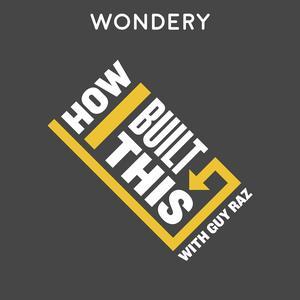
In this episode of “The Daily Stoic,” the hosts discuss the importance of consistent action and hard work in building mental strength and resilience. They explore the teachings of Stoic philosophers such as Marcus Aurelius and Epictetus, who faced and overcame challenges, emphasizing the value of resilience and bouncing back from adversity. The episode also delves into the concept of self-discipline, the power of choice in responding to challenges, and the importance of preparation for adversity.
The Stoics understood that success is not achieved through romanticized ideas, but through consistent action and hard work. They believed in the power of daily fortification against misfortunes, emphasizing the importance of small steps leading to significant accomplishments. Philosophy and self-improvement serve as tools to prepare individuals for the inevitable adversity and unfairness in life.
Epictetus taught the Stoic principle of focusing on what’s in our control and letting go of what’s not. By allocating our resources wisely and avoiding unnecessary energy expenditure on things beyond our control, we gain a significant advantage. Stoic questions, such as determining whether something is within our control, essential, or evaluating the worst-case scenario, help guide our actions and mindset.
Epictetus emphasized the importance of persisting and resisting, highlighting the significance of self-discipline and self-mastery. Ryan’s experience in New Orleans exemplifies the Stoic concept of being content to be seen as foolish and focusing on the work rather than seeking external validation. By cultivating self-discipline, we can navigate challenges with resilience and inner strength.
Stoicism teaches us that the key to dealing with challenges lies in the choices we make. Even when circumstances are beyond our control, we have the power to choose our responses. Commander James Stockdale’s experience in a Vietnamese prison camp illustrates the essence of Stoicism, as his mindset and resilience in the face of extreme conditions exemplify the Stockdale paradox. By exercising our power of choice, we can maintain our mental strength and overcome adversity.
Epictetus, who was born a slave, recognized that true freedom comes from within and is not dependent on external circumstances. Stoicism resonates with individuals from various backgrounds because it emphasizes the importance of preparation for adversity. Philosophy and self-improvement serve as tools to equip ourselves with the necessary skills and mindset to face challenges. By embracing the philosophy of preparation, we can confidently navigate the difficulties that life presents.
Building mental strength and resilience requires consistent action, self-discipline, and the power of choice. Stoicism provides valuable teachings on focusing on what’s in our control, preparing for adversity, and embracing the philosophy of self-improvement. By adopting these principles, we can cultivate resilience, thrive through challenges, and find true freedom within ourselves.